Diplomatic fight for Kosovo "gearing up"
Ahead of the fall session of the UN General Assembly, both Belgrade and Priština have stepped up their diplomatic activities.
Tuesday, 01.09.2009.
19:56

Ahead of the fall session of the UN General Assembly, both Belgrade and Pristina have stepped up their diplomatic activities. Foreign Minister Vuk Jeremic has been in New York for some time preparing the ground for Serbia's delegation that will take part in the session, due to start in mid-September. Diplomatic fight for Kosovo "gearing up" The delegation will be headed by President Boris Tadic. According to Jeremic, Serbia will face a "fairly complex" task, in order to counter "Pristina and its allies' big diplomatic offensive", and try to prevent an increase in the number of the countries that recognize the Kosovo Albanian unilateral independence declaration. Serbia's former ambassador to France Predrag Simic says that Belgrade's lobbying in order to prevent new recognitions is based solely on the argument of respect of international law. "We have no instruments of power, such as some great power, nor promises of economic might. Our lobbying, due to the size and character of our country can be based only on reference to international law, which prohibits illegal secession," he explained. "The law has always been a refuge for small countries, and the very fact that so many small countries from the Third World, Europe, Asia, support our position speaks to how widespread the fear is among small and medium states that this could bring chaos to international relations," Simic stated. At the same time, Kosovo Albanians are also on the offensive, but local Pristina journalist Agron Bajrami told our reporter that the UN General Assembly has currently taken the back seat to the issue of the tense relations with EULEX. Still, the Albanian side expects new recognitions within the next month. "I can only tell you that today some Islamic Community of Kosovo leaders announced that in the next month recognitions could be expected from some very interesting and important countries from Arabia, namely, Kuwait, Yemen, Qatar and Oman are mentioned as the countries ready to recognize Kosovo by the end of the month of Ramadan," said Bajrami. Lobbying efforts launched by Belgrade and Pristina are also seen in the context of the upcoming process at the International Court of Justice, ICJ, expected to start on December 1. As the UN General Assembly met this time last year, it accepted Serbia's resolution calling on the highest UN court to give its advisory opinion on the legality of the Kosovo Albanian proclamation. Former member of the Serbian team at the ICJ Tibor Varadi says that the number of countries that have, or could recognize Kosovo should not influence the case. "If we were to take the stance that the number of states decides, then it wouldn't be the court's decision, and we are asking for the court's advisory opinion," he told B92. "Naturally, the number of countries that have recognized Kosovo is a political reality that can be of use or that could cause damage, but I believe that the court is up to the task, and I believe that the court will decide on this as a legal issue, that is, give its advisory opinion," Varadi concluded. Kosovo has so far been recognized by 62 out of 192 UN member states. The province's ethnic Albanians unilaterally declared the territory's secession in February 2008. Official Belgrade considers the proclamation to be illegal.
Diplomatic fight for Kosovo "gearing up"
The delegation will be headed by President Boris Tadić.According to Jeremić, Serbia will face a "fairly complex" task, in order to counter "Priština and its allies' big diplomatic offensive", and try to prevent an increase in the number of the countries that recognize the Kosovo Albanian unilateral independence declaration.
Serbia's former ambassador to France Predrag Simić says that Belgrade's lobbying in order to prevent new recognitions is based solely on the argument of respect of international law.
"We have no instruments of power, such as some great power, nor promises of economic might. Our lobbying, due to the size and character of our country can be based only on reference to international law, which prohibits illegal secession," he explained.
"The law has always been a refuge for small countries, and the very fact that so many small countries from the Third World, Europe, Asia, support our position speaks to how widespread the fear is among small and medium states that this could bring chaos to international relations," Simić stated.
At the same time, Kosovo Albanians are also on the offensive, but local Priština journalist Agron Bajrami told our reporter that the UN General Assembly has currently taken the back seat to the issue of the tense relations with EULEX.
Still, the Albanian side expects new recognitions within the next month.
"I can only tell you that today some Islamic Community of Kosovo leaders announced that in the next month recognitions could be expected from some very interesting and important countries from Arabia, namely, Kuwait, Yemen, Qatar and Oman are mentioned as the countries ready to recognize Kosovo by the end of the month of Ramadan," said Bajrami.
Lobbying efforts launched by Belgrade and Priština are also seen in the context of the upcoming process at the International Court of Justice, ICJ, expected to start on December 1.
As the UN General Assembly met this time last year, it accepted Serbia's resolution calling on the highest UN court to give its advisory opinion on the legality of the Kosovo Albanian proclamation.
Former member of the Serbian team at the ICJ Tibor Varadi says that the number of countries that have, or could recognize Kosovo should not influence the case.
"If we were to take the stance that the number of states decides, then it wouldn't be the court's decision, and we are asking for the court's advisory opinion," he told B92.
"Naturally, the number of countries that have recognized Kosovo is a political reality that can be of use or that could cause damage, but I believe that the court is up to the task, and I believe that the court will decide on this as a legal issue, that is, give its advisory opinion," Varadi concluded.
Kosovo has so far been recognized by 62 out of 192 UN member states. The province's ethnic Albanians unilaterally declared the territory's secession in February 2008.
Official Belgrade considers the proclamation to be illegal.










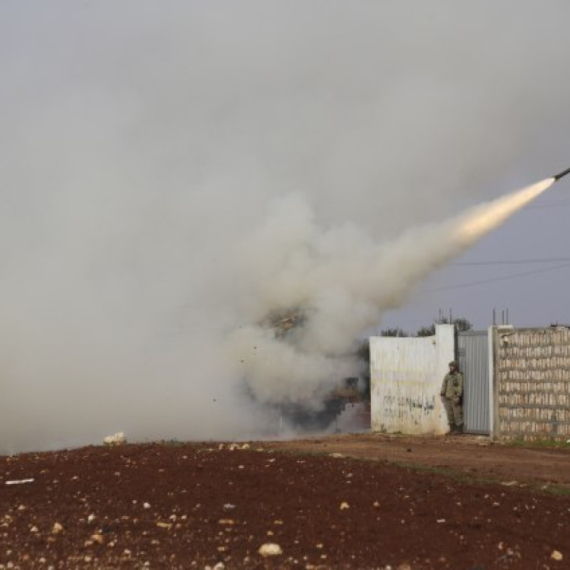

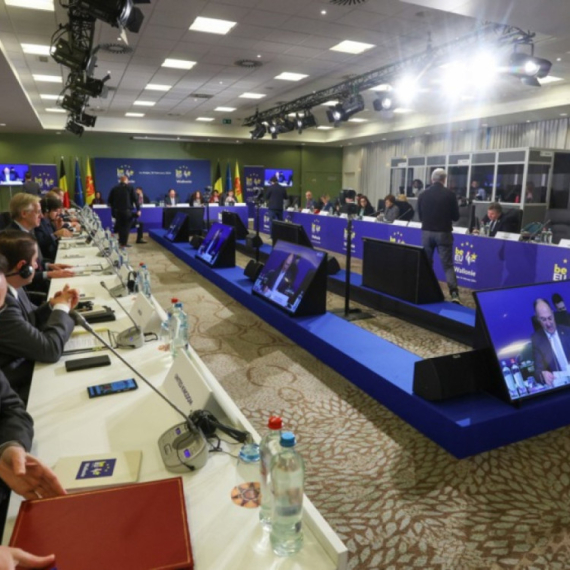



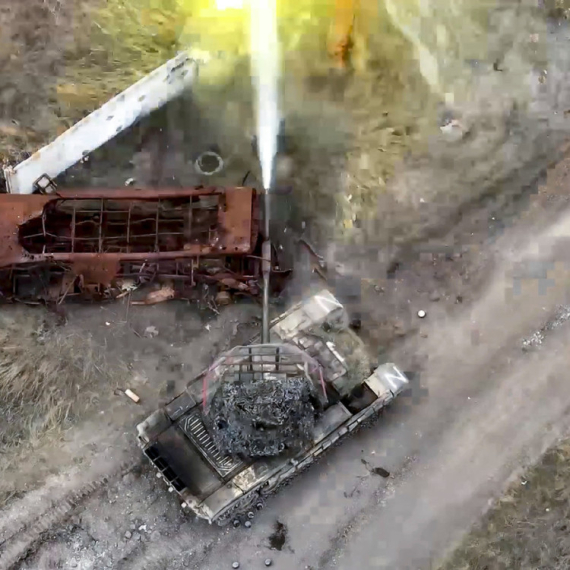





















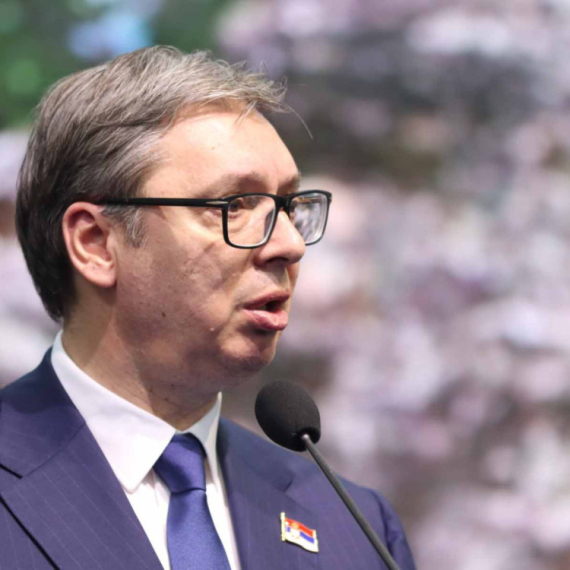
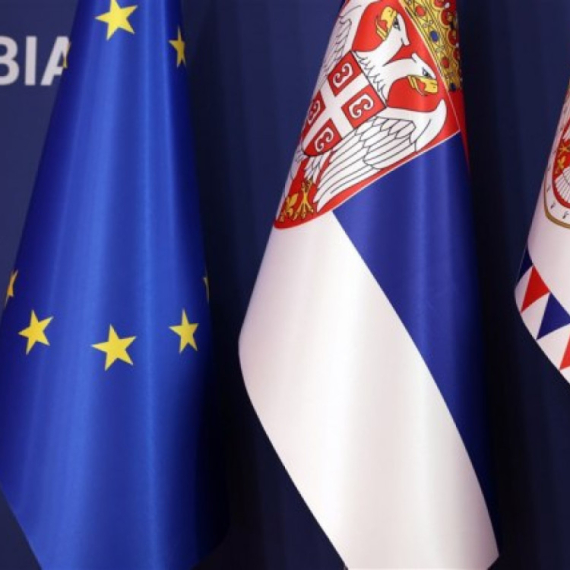
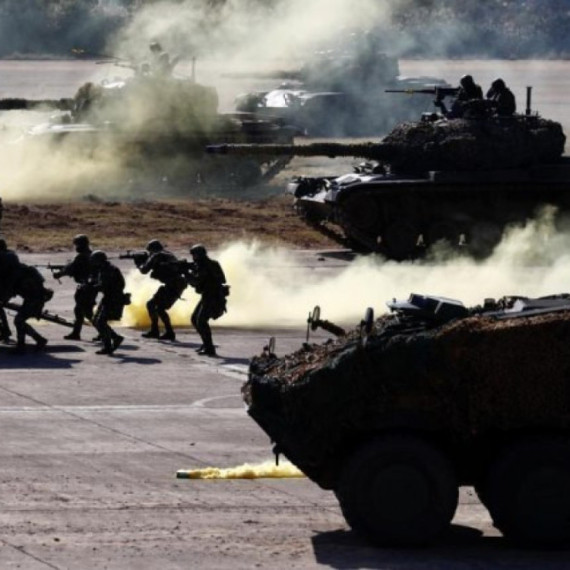
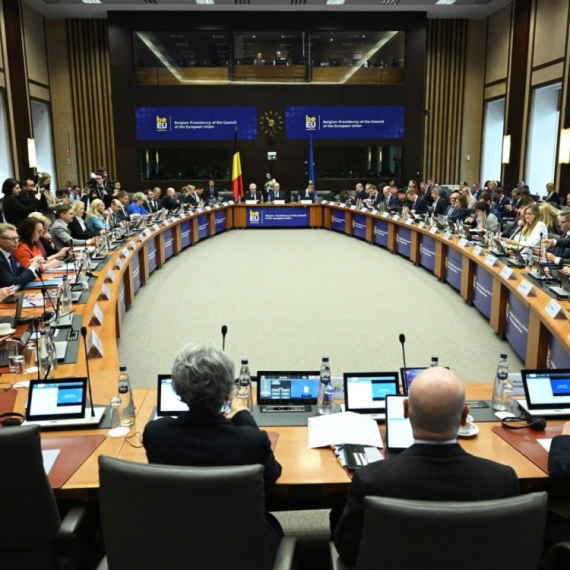
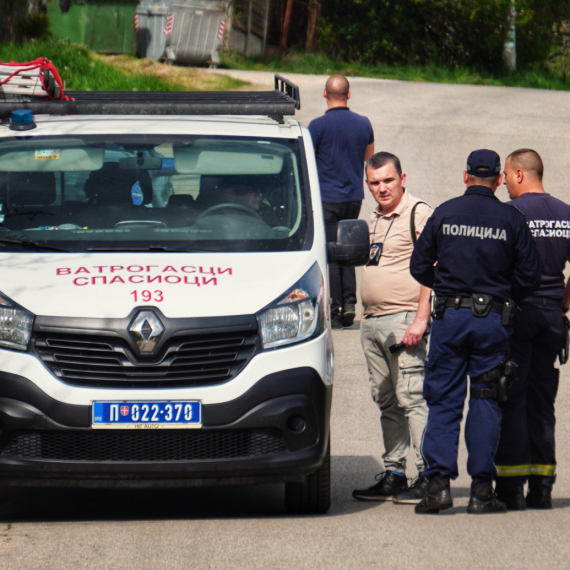








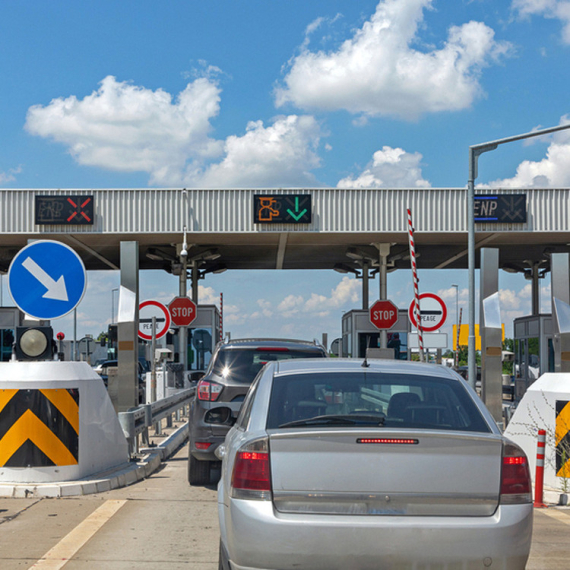







Komentari 12
Pogledaj komentare